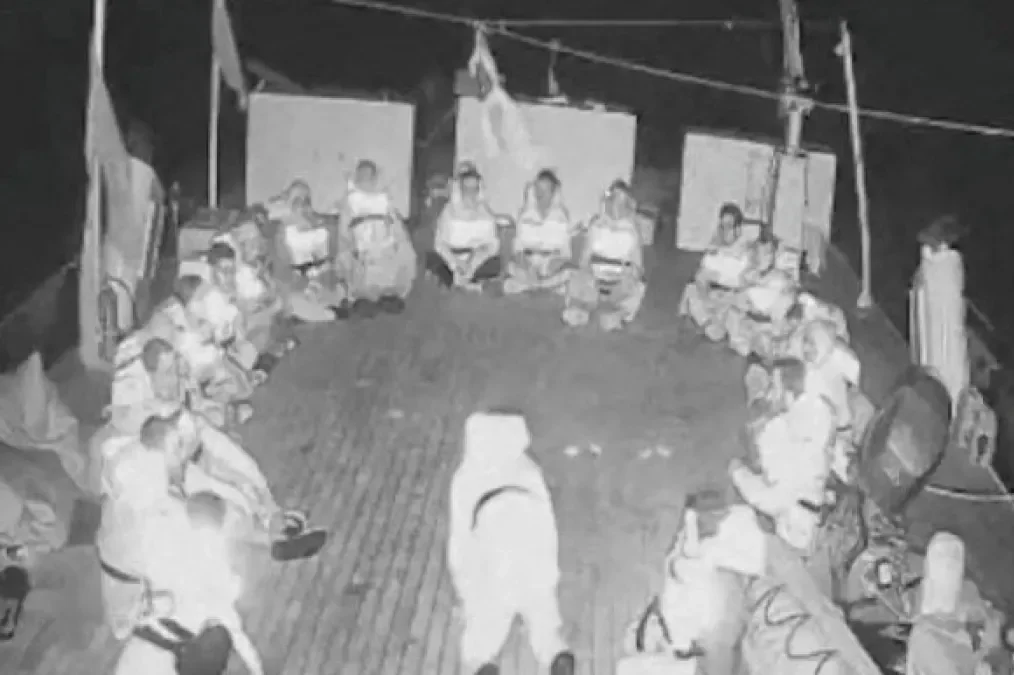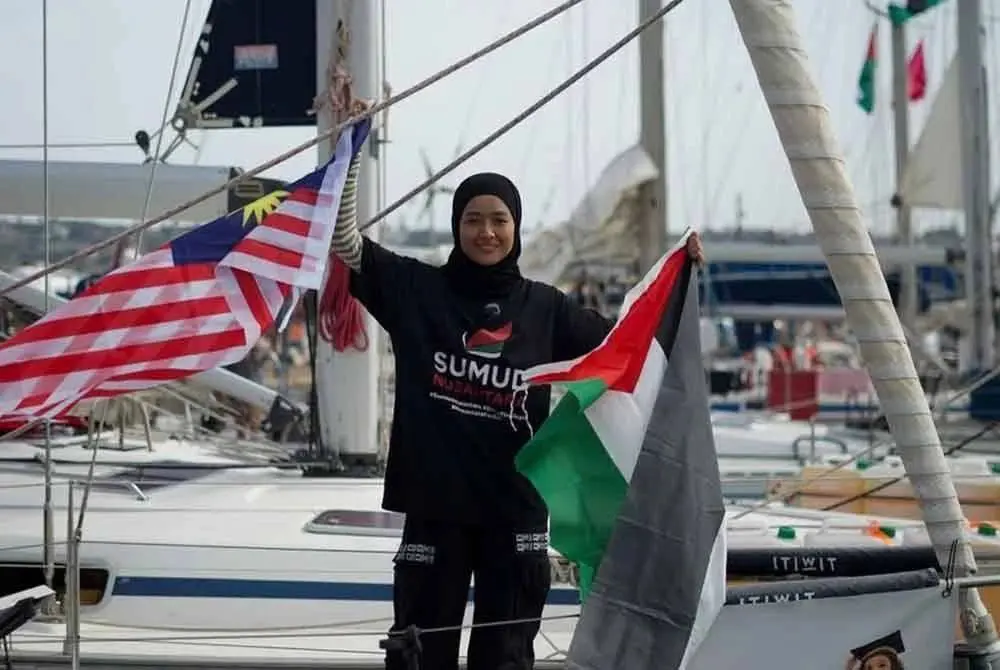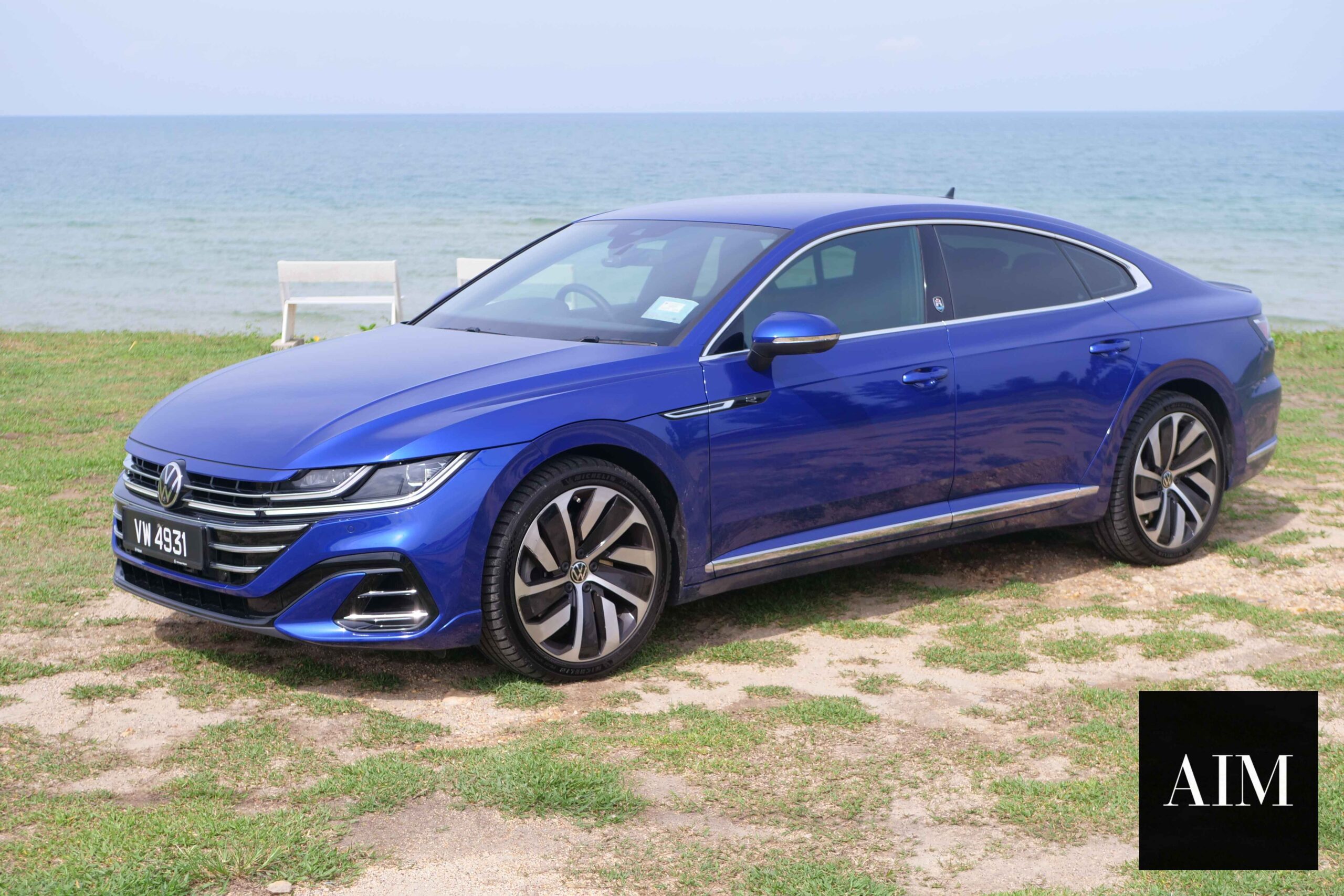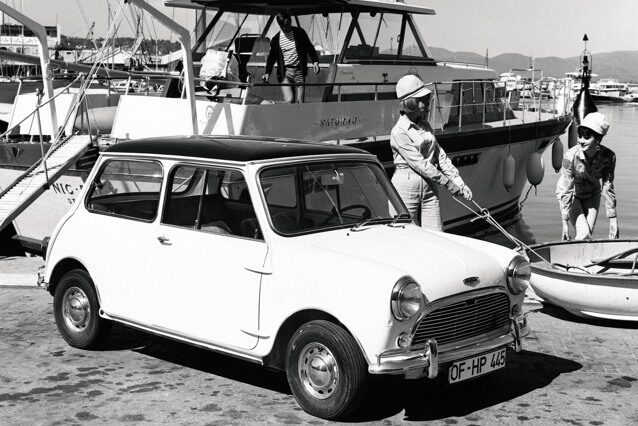
The Global Sumud Flotilla is more than just a group of boats trying to reach Gaza. It is a statement, a performance of solidarity, and a political tool designed to put the spotlight back on a crisis that often gets reduced to numbers and headlines. The word sumud itself means “steadfastness” or “resilience” in Arabic, and the flotilla carries that symbolism — the idea that ordinary people can refuse to bend under the weight of blockade and siege.
What is the Sumud Flotilla?

The flotilla is a coordinated international convoy of vessels launched in 2025 with the goal of sailing toward Gaza. Its stated purpose was to break through Israel’s naval blockade and create a humanitarian corridor for basic aid. In reality, its main cargo was symbolism. The organizers knew that the sight of civilian vessels intercepted at sea would generate headlines, social media attention, and diplomatic fallout. For Gaza, a region that has been locked down for years, visibility is as important as food and medicine.
How it Began
The first ships left European ports at the end of August 2025 — Barcelona on August 31, Genoa a day earlier — while others departed from regional hubs including Southeast Asia under the banner of Sumud Nusantara. These smaller fleets converged in the Mediterranean before attempting to sail toward Gaza. Organizers had spent months training volunteers, raising awareness, and preparing the vessels. Their strategy was not only to deliver supplies but also to make interception inevitable, ensuring the issue could not be ignored.
Who Joined the Flotilla

Unlike some earlier missions, the Global Sumud Flotilla was explicitly multinational. It drew activists, lawyers, parliamentarians, doctors, and public figures from more than forty countries. There were Western activists, Arab delegates, Asian participants, and even high-profile representatives to ensure that the detention of passengers would make diplomatic noise. Malaysia and other Southeast Asian nations joined through Sumud Nusantara, reflecting the global south’s solidarity with Palestinians.
Comparison with the 2010 Flotilla
For many observers, the Sumud mission immediately recalled the 2010 Gaza Freedom Flotilla, most infamous for the deadly raid on the Mavi Marmara. That episode killed nine activists and caused a major rupture in Turkey-Israel relations. The Sumud mission was shaped by that history. It spread its departure points across several countries to complicate interception and placed strong emphasis on transparency about its humanitarian cargo. But the fundamental challenge remained unchanged: Israel had vowed to block any attempt to reach Gaza by sea.
The Blockade Question

The blockade of Gaza is one of the most contested issues in international law. Israel defends it as a necessary security measure to stop weapons smuggling. Activists and many humanitarian groups argue that the blockade, especially when it blocks essentials like medicine and food, constitutes collective punishment and breaches international humanitarian law. The Sumud Flotilla sailed directly into that legal and moral controversy. Whether or not it delivered significant physical aid, it forced renewed debate about the blockade itself.
What Happened at Sea
As expected, Israeli naval forces intercepted the flotilla before it could reach Gaza. Dozens of vessels were stopped, hundreds of participants detained, and ships redirected to Israeli ports. Some accounts suggested one vessel remained in international waters longer, but the majority were quickly brought under control. Passengers were questioned, deported, or held briefly before being released. These interceptions were not new, but the scale of the flotilla ensured that media and governments worldwide took notice.
Political and Diplomatic Fallout
The immediate impact was a wave of protests, condemnations, and diplomatic tension. Countries whose citizens were aboard demanded explanations and access. In Malaysia and South Africa, the interception became a rallying point for anti-blockade campaigns and was referenced in ongoing legal actions against Israel at international courts. For Israel, the interception reinforced its position that the blockade was intact and enforceable. For activists, it proved their point: that the blockade exists and operates against civilians, not just militants.
Did it Help Gaza?
In terms of physical aid, flotillas rarely change the material reality inside Gaza. The quantities are too small, and interceptions are too predictable. But the Sumud Flotilla succeeded in its symbolic mission. It turned the spotlight back on Gaza at a moment of crisis, mobilized solidarity across continents, and reminded governments that civil society is willing to take risks at sea when formal diplomacy fails. For critics, it was dangerous theatre. For supporters, it was necessary action.
Why It Matters
The Sumud Flotilla matters because it pushes a basic question into the global conversation: when an entire population is sealed off, what forms of protest are legitimate? States defend security with naval power; civilians challenge that with small boats and international law. The clash is uneven, but the imagery is powerful. Whether you see the flotilla as reckless or courageous, it reminds the world that blockades are not abstract. They are enforced on the water, against real people, in front of the cameras.
Sources / Index
- Al Jazeera – The Global Sumud Flotilla to Gaza: Everything you need to know
- Global Sumud Flotilla official website
- Wikipedia – Global Sumud Flotilla
- Reuters – Israeli military stops nearly all boats in aid flotilla, sparking global protests
- The Guardian – Israel stops 41 boats in aid flotilla with one ‘still sailing strong’
- Al Jazeera – Israel intercepts Gaza Sumud flotilla vessels: What we know so far
- Sinar Daily – What is the Global Sumud Flotilla and why are Malaysians taking part?
- ResetDOC – What International Law Says About the Global Sumud Flotilla
- The Straits Times – Malaysia condemns Israel’s seizure of Sumud Flotilla bound for Gaza
- The Guardian – Gaza Freedom Flotilla 2010 background (Mavi Marmara)









